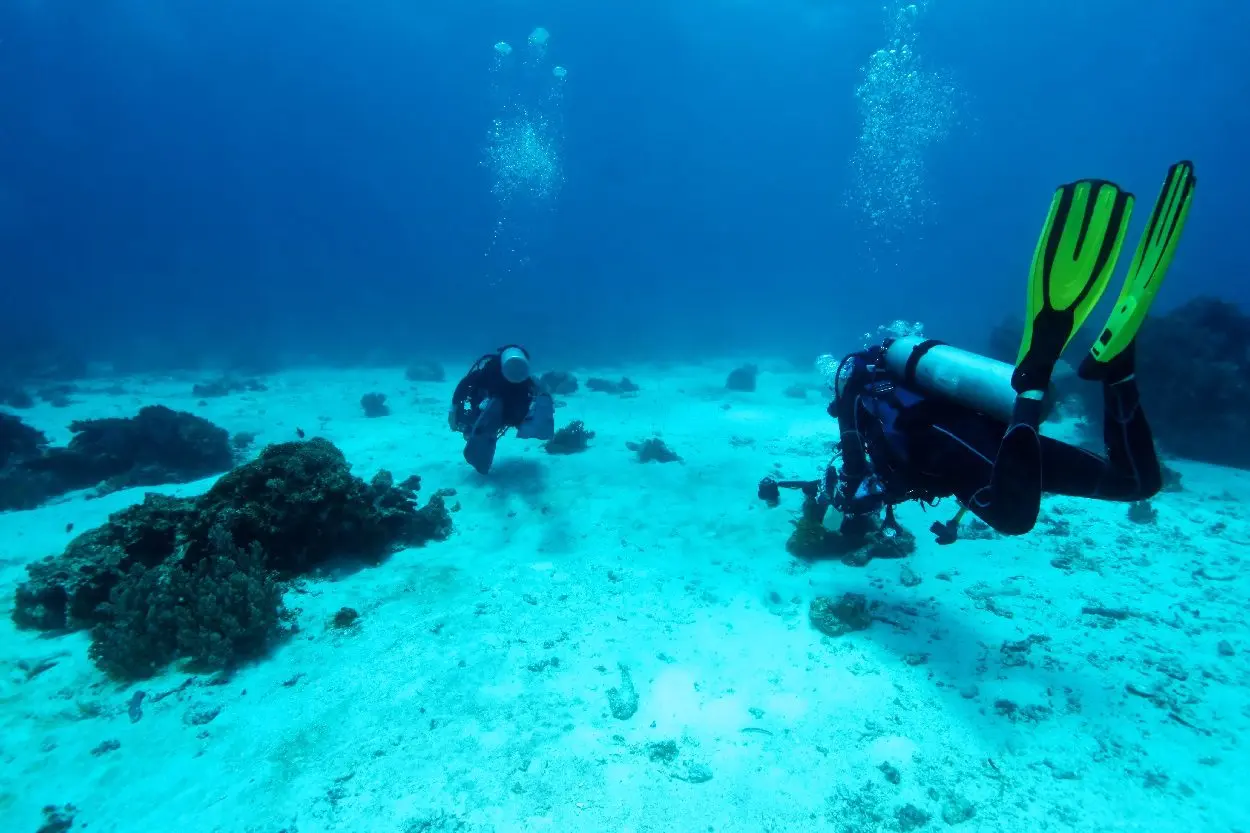Underwater archaeologists from the University of Bradford and key partners are conducting a study of the Baltic and North Sea region thanks to funding from the European Research Council.
The project, SUBNORDICA, is hoping to uncover the secrets of ancient landscapes and civilisations, which were submerged by rising sea levels at the conclusion of the last ice age.
Around 15,000 years-ago, the sea level was around 130 metres lower than today, with an extra 3 million square kilometres of land in the North and Baltic Seas, such as coastal plains, lakes, river valleys, shorelines, and offshore islands.
According to the study authors: “Now lost to the sea following global climate change, these landscapes remain almost entirely unexplored. Today, these landscapes are under threat as the world develops the coastal shelves to meet net zero goals.”
To facilitate research on Stone Age landscapes and the remnants of ancient settlements in the North and Baltic Seas, the European Union has allocated €13.2 million in funding to SUBNORDICA. This research collaboration is hosted by the University of Bradford in partnership with Moesgaard Museum, Aarhus University, and the Lower Saxony Institute for Historical Coastal Research in Wilhelmshaven.
Geoff Bailey, Anniversary Professor of Archaeology (Emeritus) at the University of York, Professor of Archaeology at Flinders University Australia and a member of the SUBNORDICA team, said: “The submerged landscapes of the continental shelf are a major gap in our understanding of human history and their investigation is a world-wide challenge.
“This project will bring together the necessary concentration of resources and expertise to make decisive advances in knowledge, especially in exploring the more deeply submerged landscapes that were drowned by postglacial sea-level rise”.
Header Image Credit : Shutterstock





